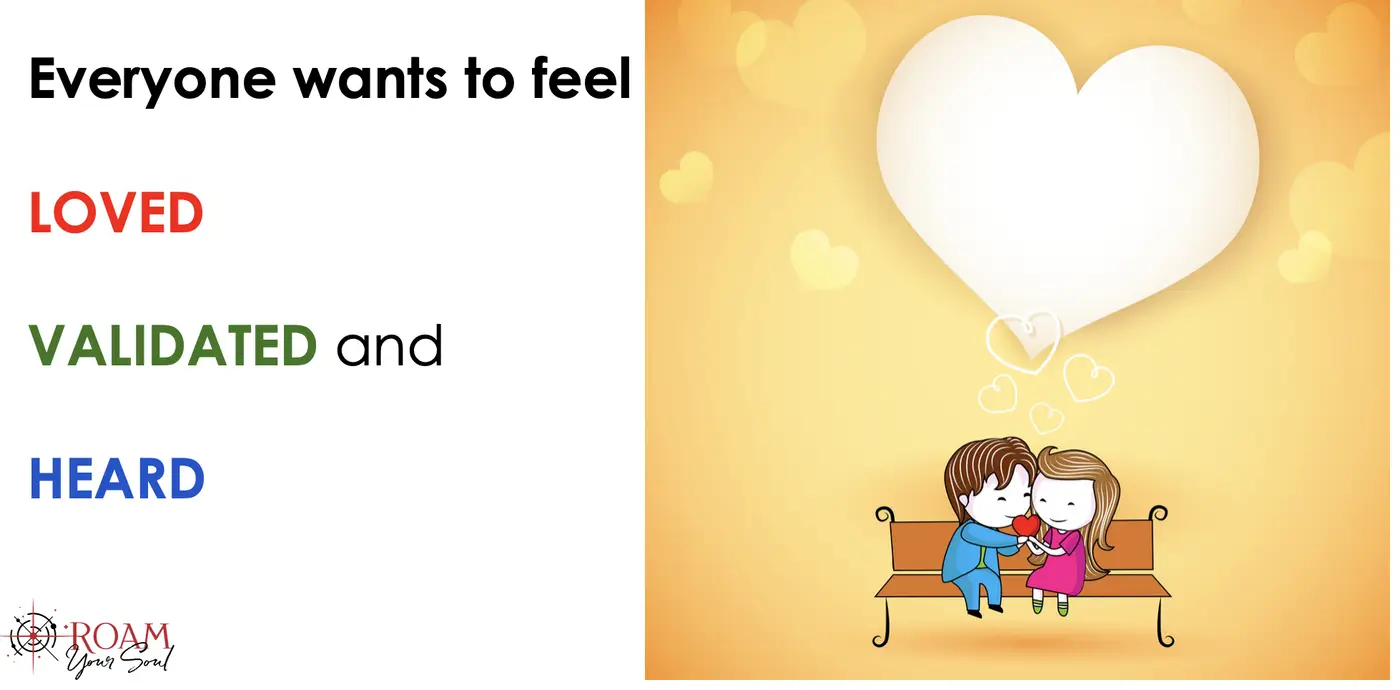
Do you feel safe at work?
April 2, 2024
Psychological safety is the shared belief within a team that it is safe to take risks. Psychological safety is a critical component that fosters an environment where team members feel comfortable expressing their ideas, take risks, and can be vulnerable without fear of reprisal or judgment.
Leadership that prioritizes psychological safety acknowledges the importance of open communication, diverse perspectives, and the recognition that not every idea will be perfect. As a leader, cultivating an environment where team members are more likely to share their thoughts, collaborate effectively, and experiment with new solutions not only enhances creativity and innovation but also creates a sense of belonging and trust among team members.
For those of you saying that, “People just don’t want to work anymore…”
You’re wrong. Sorry to break it to you. Today’s workers want autonomy, psychological safety, work that aligns to their core values, and they want to work WITH leaders that can promote psychological safety by encouraging open dialogue, actively listening to team members, acknowledging mistakes, and valuing contributions regardless of hierarchy.
By fostering an atmosphere where individuals feel secure in expressing themselves, leaders create a more resilient and adaptive team, ultimately driving success and growth through care and valuing the people.
Perceptions of psychological safety impact a person’s ability to autonomously make decisions, share ideas, and raise concerns. Psychological safety creates an atmosphere in which we can try new behavior, perceptions, and thoughts with relatively low risk of shame, embarrassment or serious consequences of failure.
Human beings have an innate inner drive to be autonomous, self-determined, and connected to one another.
And when that drive is liberated, people achieve more and live richer lives.Daniel H Pink
Feeling threatened, sad, and stressed?
Negative feelings in the workplace creates negative reactions, sentiments, perceptions, and reduces morale and workplace psychological safety. Relationship conflict, task conflict, poor work performance, increases in workplace conflict, have all been correlated to negative social experiences and emotions. Workplace stress, toxicity, and lack of psychological safety negatively impacts employee performance and is a top reason of why people leave your leadership.
When employees lose a sense of safety, autonomy, and creativity, they feel a sense of discomfort, anger, and other negative emotions that impact their happiness and motivation.
| Psychological Safety | “Experimentation and practice are most effective if they are done inconditions in which we feel safe. This sense of psychological safety creates an atmosphere in which we can try new behaviour, perceptions and thoughts with relatively low risk of shame, embarrassment or serious consequences of failure (McKee, et al, 2009).
“An employee’s feeling of being free to ask questions, share ideas, and raise concerns without fear of reprisal or retribution by leadership (Ferrere, et al, 2022).” |
Employees desire the free power of choice without undue influence or coercion which includes perception of control over decision making.
Leadership styles, such as transformational and authentic leadership are positively related to employee error learning. Leader coaching behaviors have also been shown to support employee error learning and are positively associated with team psychological safety and team learning behaviors.

Got Conflict in Your Workplace?
Leadership Coaching is the #1 Way to Improve and Advance Your Own Ability to Lead Effectively. Learn More.

Christine Fonner
Christine Fonner, PhD Candidate, is a renowned speaker and leadership expert, specializing in organizational and transformational leadership, communication and team development, and strategic change management.
She has over 20 years of leadership experience spanning the nonprofit, corporate, and educational sectors. Her passion for leadership development, especially in challenging environments, shines through in every presentation. With a Bachelor’s in Elementary Education and Bilingual/ESL K-12, as well as a Master’s in Transformational Leadership and Change Management, Christine combines deep academic insight with real-world experience.